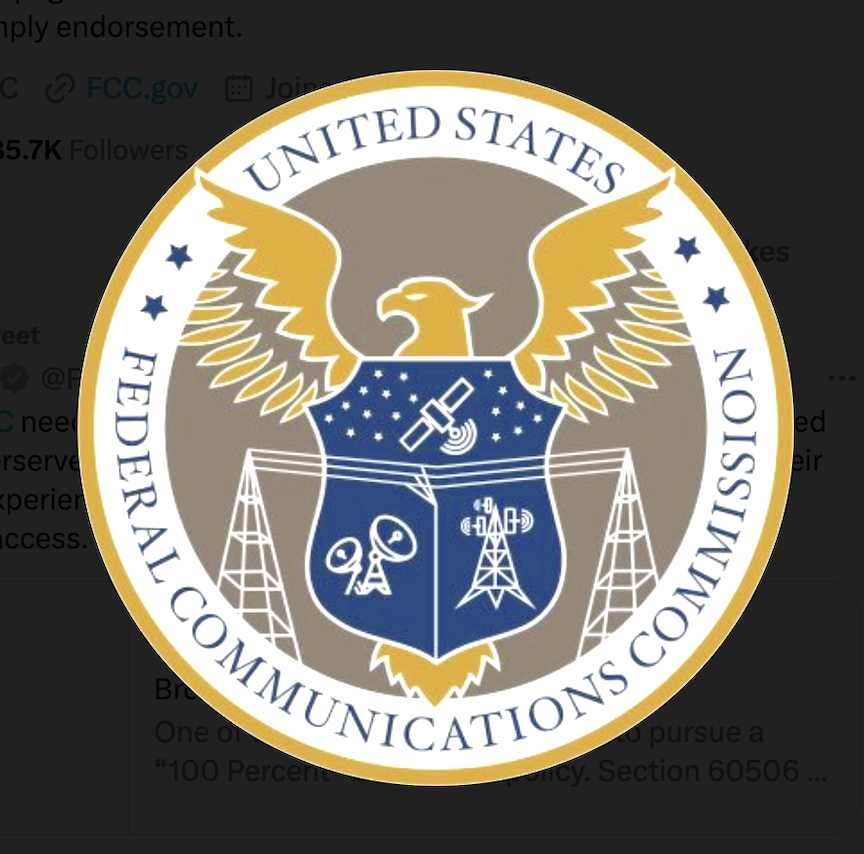
The Federal Communications Commission adopted new rules to support competition and cooperation in spectrum usage by satellite systems.
The new rules will set forth important reforms that will govern how non-geostationary satellite orbit, fixed-satellite service (NGSO FSS) systems will function in a shared spectrum environment. These new rules will provide clarity regarding spectrum sharing between systems licensed in different processing rounds, granting primary spectrum access to systems approved earlier, while enabling new entrants to participate in an established, cooperative spectrum sharing structure. These updates will provide certainty for operators and facilitate innovation in system design, which will ultimately benefit broadband users.;

While geosynchronous satellites can have any inclination, the key difference from geostationary orbit is the fact that they lie on the same plane as the equator. Geostationary orbits fall in the same category as geosynchronous orbits, but it’s parked over the equator. This one special quality makes it unique from geosynchronous orbits. Weather monitoring satellites like GOES are in geostationary orbits because they have a constant view of the same area. In a high Earth orbit, it’s also useful for search and rescue beacons.
The FCC’s new Space Bureau, and its predecessor International Bureau, have seen a significant increase in applications to launch broadband communications satellite systems. The new rules will clarify that certain sharing procedures are limited to systems approved in the same processing round. Systems approved in later processing rounds will be required to coordinate with, or demonstrate they will protect, earlier-round systems, and the new rules also establish additional parameters for inter-round sharing. However, the protections granted to earlier-round systems will sunset after a period of time, promoting competition as satellite system designs continue to evolve.

The Commission also adopted a Further Notice of Proposed Rulemaking which seeks comment on the appropriate values and assumptions to be used in the methodology set forth for spectrum sharing between systems authorized in different processing rounds. It will also consider whether to adopt a rule limiting aggregate interference from later-round NGSO FSS systems into earlier-round systems.
Action by the Commission April 20, 2023 by Report and Order and Further Notice of Proposed Rulemaking (FCC 23-29). Chairwoman Rosenworcel, Commissioners Carr, Starks, and Simington approving. Chairwoman Rosenworcel and Commissioner Starks issuing separate statements.
IB Docket No. 21-456
